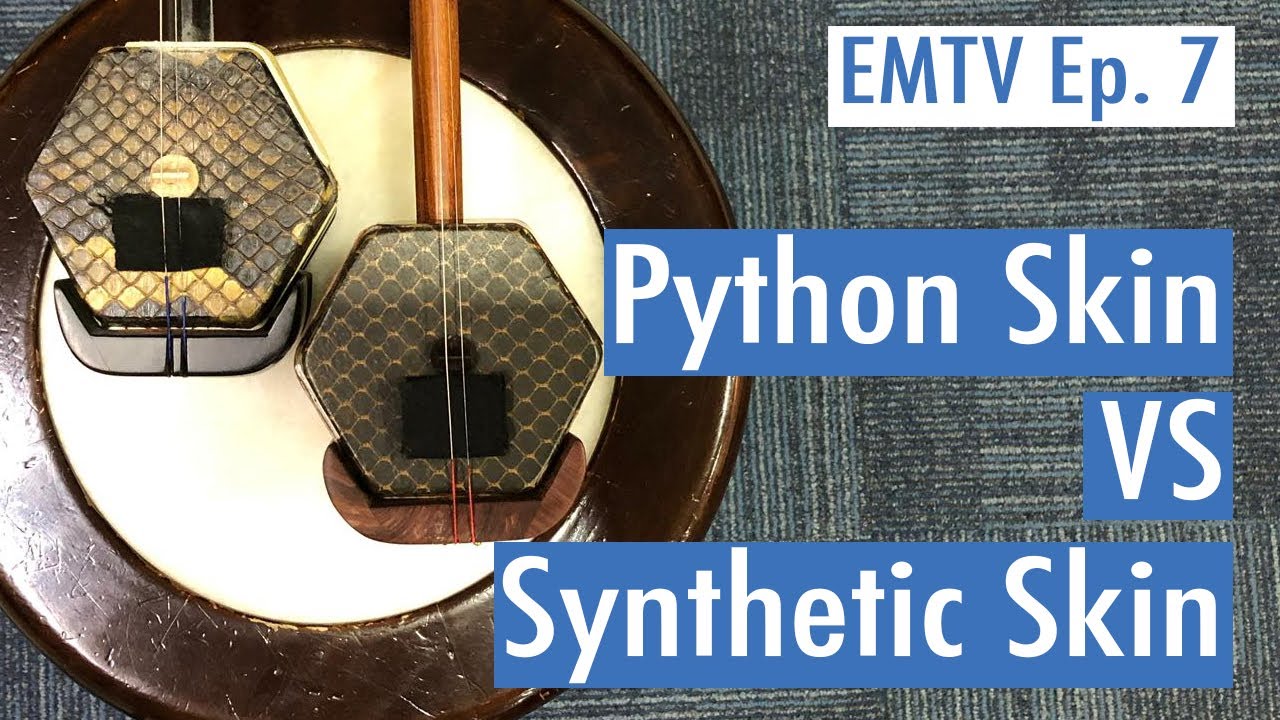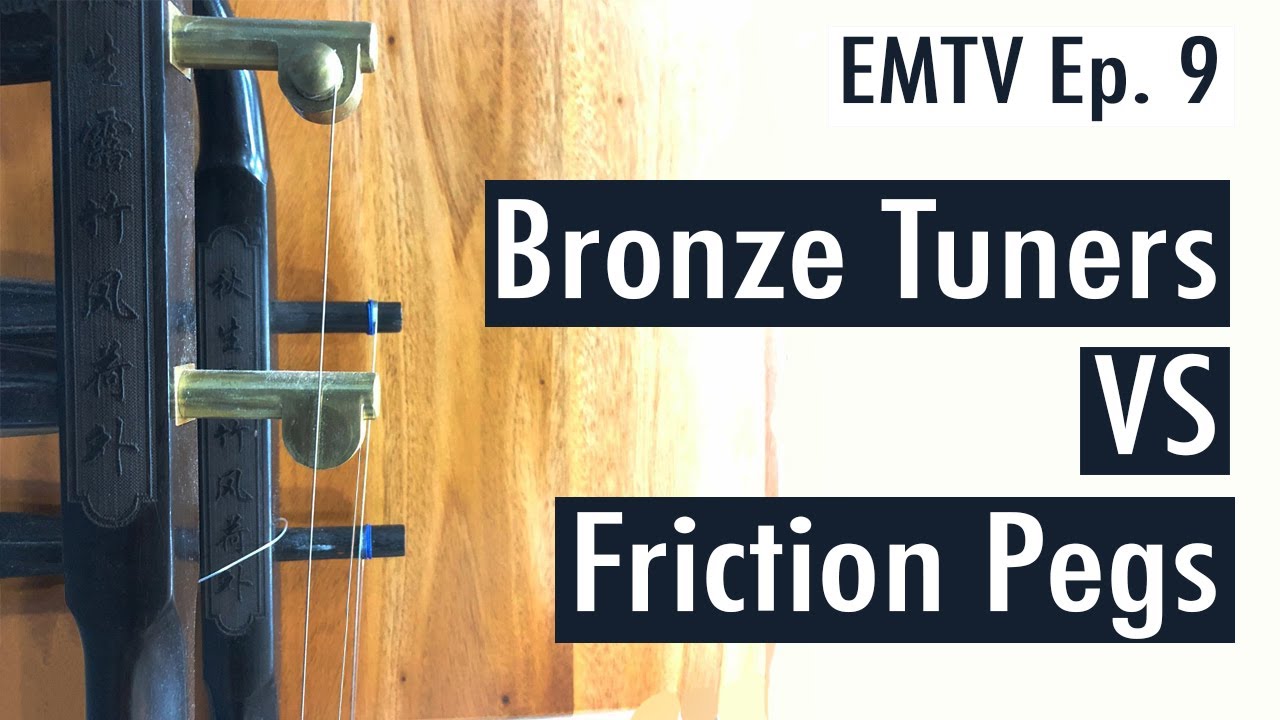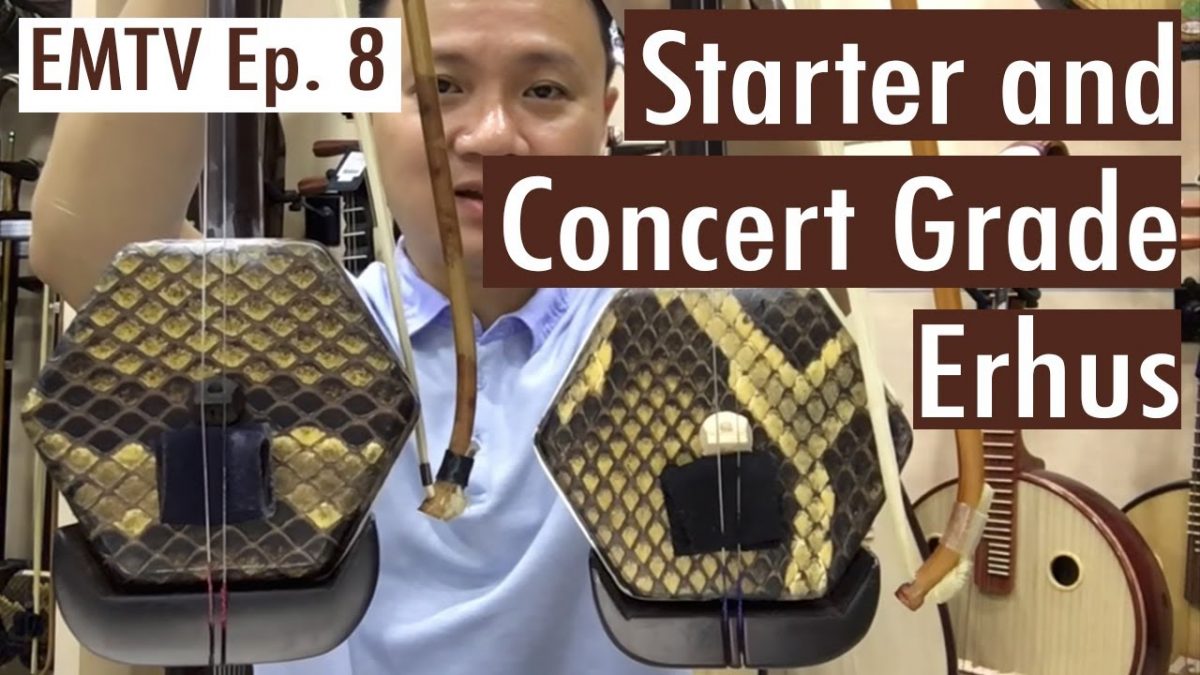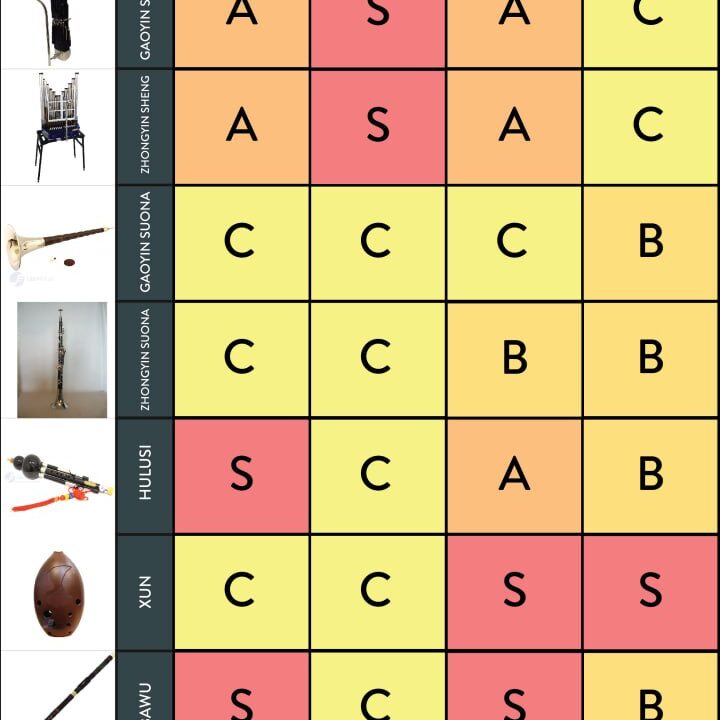
The Differences Between Python And Synthetic Skins
August 16, 2016
The Differences Between Bronze And Normal Friction Tuning Pegs
September 27, 2016The Differences Between a Starter and Concert Grade Erhu
If you have ever wanted to buy an Erhu, it is likely that you would have asked yourself what the differences are between a starter grade Erhu and one costing easily ten times as much. What makes an Erhu a good – or specifically, the one for you kind of Erhu?
In our opinion, the three most important variables would be:
1) the type of wood used
2) the snakeskin used and;
3) the expertise of an Erhu maker.
Other variables, such as choice of strings, bow and rosin, all affect the tone of the instrument to some extent. However, these can be easily changed as deemed fit. The others are things you have to live with after purchasing your instrument.
So, how shall we determine the differences between these variables? As a case study, we will be comparing the trusty Shanghai Rosewood Erhu (by the Shanghai Dunhuang Yun Brand) and the Ming Qing Erhu (by the maker Yu Kai Ming). Check out our comparison video below:
Firstly, wood: The Shanghai Rosewood Erhu uses standard quality rosewood that has been dyed and lacquered. The Ming Qing Erhu, as its name suggests, uses Ming Qing wood. Ming Qing wood is said to be really old wood, harvested from old houses dating back to the Ming Qing dynasty. It is very dense and has nice wood grains.
Secondly, snakeskin: It doesn’t take an expert to note the vast difference in quality. Superior python skin has bigger and more uniform scales, as well as has more vibrant colours. Inferior skin is rough to the touch, in some extreme cases, even flaky.
Thirdly, maker: The Shanghai rosewood Erhu is made in the Shanghai Dunhuang Yun factory. They have numerous erhu makers on their payroll, and do not indicate who makes a particular Erhu. On the other hand, the Ming Qing Erhu is by Yu Kai Ming. A renowned maker, Yu Kai Ming started making Erhus over 10 years ago. He has studied under the late Erhu maker Wang Gen Xing, and his Erhus have won numerous awards at Erhu making competitions.
In terms of sound, the Ming Qing Erhu sounds richer, louder, warmer and deeper than the Rosewood one. The extreme registers of the Ming Qing Erhu is clearer, louder too; while the Rosewood Erhu sounded much better than the Eco Erhu as mentioned in the previous post, it really pales in comparison to the Ming Qing Wood Erhu in all other aspects.
However, do note that our case study consists of two extremes, so as to give you an idea of the difference in tone between a starter Erhu and a performance grade Erhu. The difference in tone quality between Erhus of similar quality might not be as apparent; in that case, perhaps cost is a justified option when picking an Erhu of a lower standard.
If you are contemplating buying an Erhu from us and have identified a few Erhus around the same price range, feel free to write in to us at [email protected]! We can advise you if it is worth spending that extra few bucks to get a better model.
If you would like to check out the two Erhu models mentioned in this post, here they are:
Starter Grade Shanghai Rosewood Erhu
Ming Qing Aged Rosewood Erhu
—
Follow us on Instagram and Snapchat!
Instagram: @easonmusicstore
Snapchat: @easonmusic
Many interesting, fun and even wacky updates await you!




